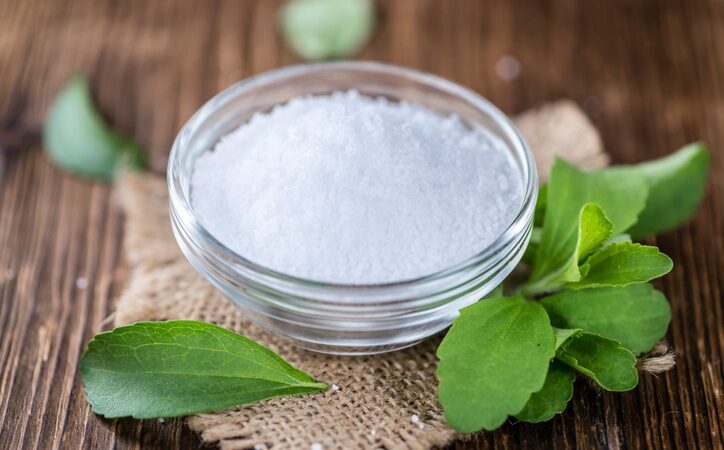Subscribe to our newsletter
Receive news and benefits on health and wellness.

SHA Magazine Healthy Nutrition
Following our post about the healthiest sweeteners, several of you asked us to talk about stevia, an increasingly trendy sweetener that is used as a sugar substitute.
What is stevia?
Stevia is a plant type pertaining to the sunflower family whose green leaves have a particularly sweet taste (up to 30 times sweeter than refined sugar) and it has been used since ancient time in South America and in the East to sweeten foods naturally. In fact, Oriental medicine uses the leaves of stevia as a method to control diabetes because of its low glycemic index.
The problem today is that organic stevia leaves are not used. What people normally use are highly processed and refined products that are far from the properties of natural stevia and are up to 300 times sweeter than sugar. In fact, even transgenic stevia products have been produced.
Therefore, in our post about the most recommended sugar substitutes we didn’t include stevia products because they usually are not natural and lose their properties, while the natural syrups like rice syrup also have a low glycemic index , they are natural and provide many more vitamins and benefits for our body.
However, we recommend using organic stevia leaves to sweeten our desserts, pastries… and even to sweeten our natural teas. Natural stevia leaves can be found in many shops with natural and organic products and provide many health benefits.
Stevia leaves help regulate diabetes, calm anxiety, improve blood circulation (as stevia acts as protector of the heart, regulating our heartbeat and dilating blood vessels) and help digestion.
Some studies have shown that artificial products made from stevia concentration can even be toxic, reason why artificial stevia is not approved as a tabletop sweetener in some countries like the United States.
Furthermore, although it is not proven scientifically, many years ago, infusions of stevia were used as a method to regulate the fertility of women as stevia has been associated with female sterility.
To sum up, we recommend the occasional use of natural stevia leaves as a sugar substitute to sweeten desserts or tea, but never artificial products made from the plant.
Related posts:
Receive news and benefits on health and wellness.
